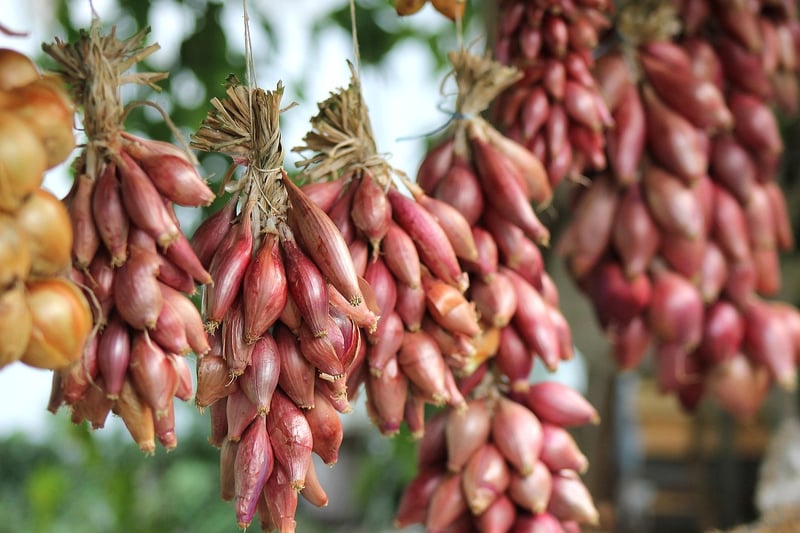Fertilizing Advice
Maintain Healthy Plants: Fertilizing Advice
Welcome to our guide on how to maintain healthy plants through proper fertilizing. Whether you are a seasoned gardener or just starting out, understanding the basics of fertilizing is essential for the optimal growth and development of your plants.
Why is Fertilizing Important?
Plants require essential nutrients to thrive, and these nutrients can become depleted over time in the soil. Fertilizing helps replenish these nutrients, promoting strong roots, vibrant foliage, and bountiful blooms.
Types of Fertilizers
There are two main types of fertilizers: synthetic and organic. Synthetic fertilizers are manufactured and provide a quick nutrient boost, while organic fertilizers are derived from natural sources and improve soil structure over time.
Synthetic Fertilizers:
- Nitrogen (N) - promotes leafy green growth
- Phosphorus (P) - aids in root development and flower production
- Potassium (K) - enhances overall plant health and disease resistance
Organic Fertilizers:
- Compost - rich in organic matter and beneficial microorganisms
- Bone Meal - a good source of phosphorus for flowering plants
- Manure - provides a slow-release of nutrients for long-term plant health
When to Fertilize
It's important to fertilize at the right time to avoid overfeeding or underfeeding your plants. Follow these general guidelines:
- Annuals and vegetables: fertilize every 4-6 weeks during the growing season
- Perennials: fertilize in early spring before new growth appears
- Houseplants: fertilize lightly every 4-6 weeks year-round
Application Tips
Proper application of fertilizers is crucial to prevent burning the roots or leaching nutrients. Follow these tips for best results:
- Water plants before fertilizing to avoid shocking the roots
- Apply fertilizer according to package instructions to prevent overuse
- Avoid applying fertilizer directly to plant stems to prevent damage
- Water plants after fertilizing to help nutrients reach the roots
By following these fertilizing tips, you can ensure that your plants receive the nutrients they need to thrive and reward you with lush foliage and beautiful blooms. Happy gardening!

Image source: Pixabay
